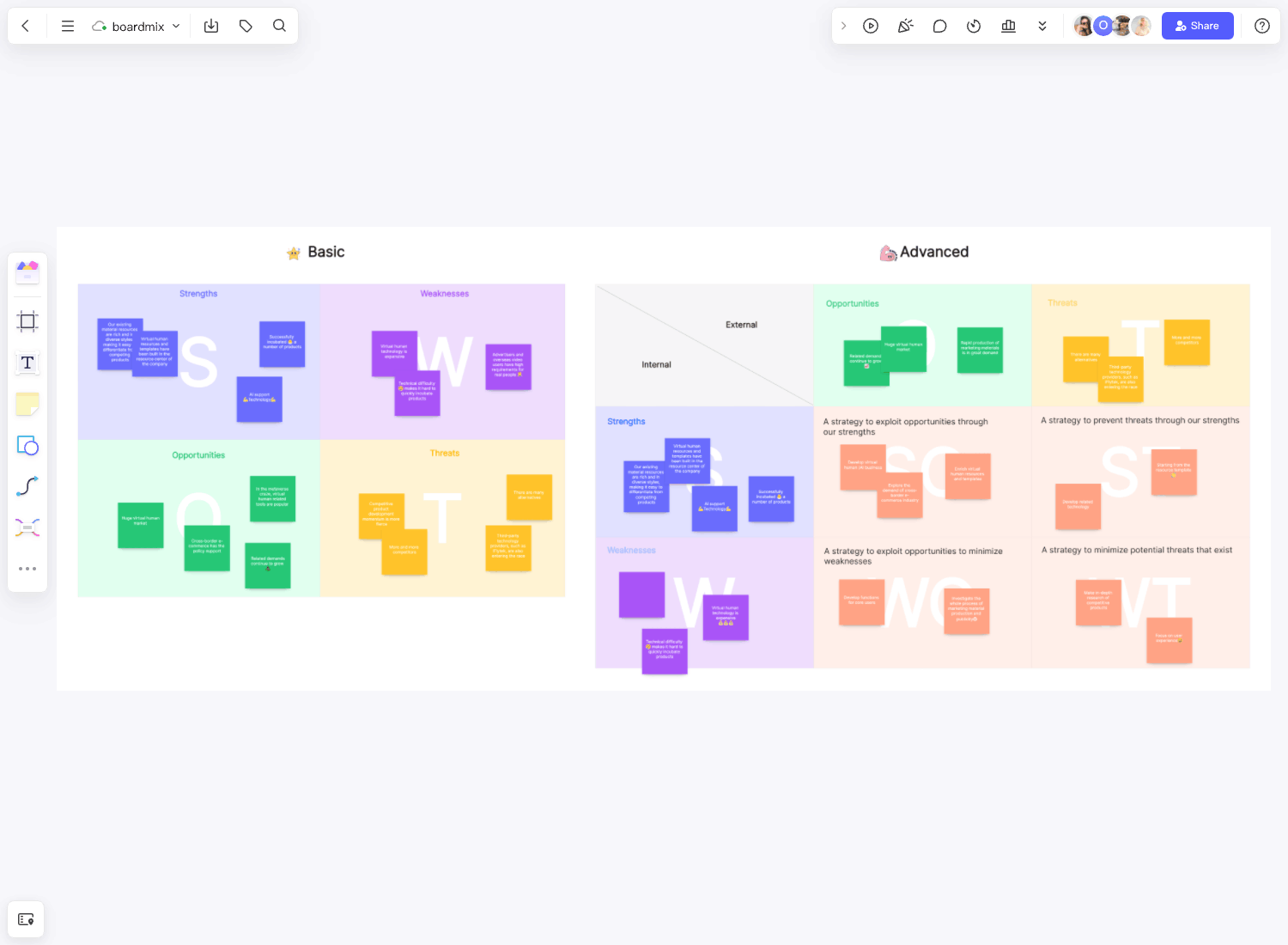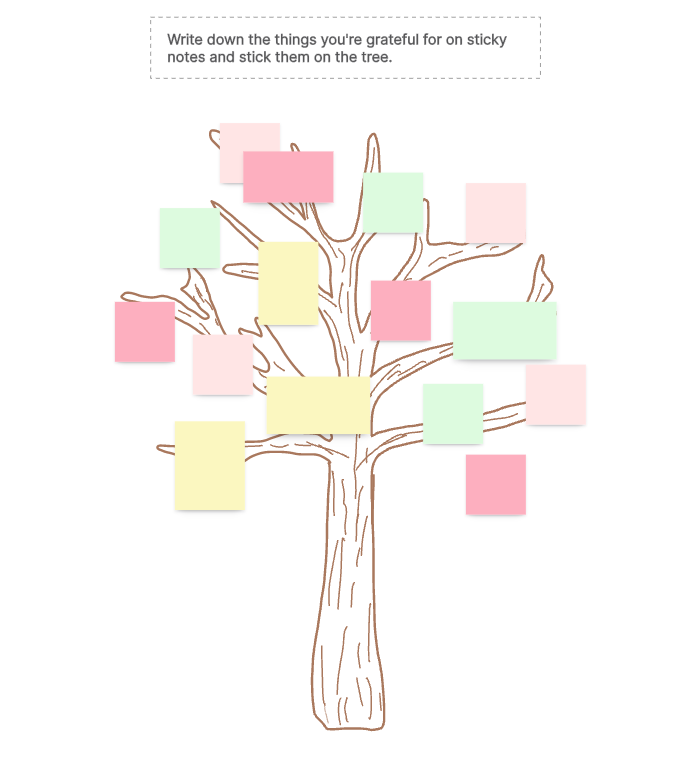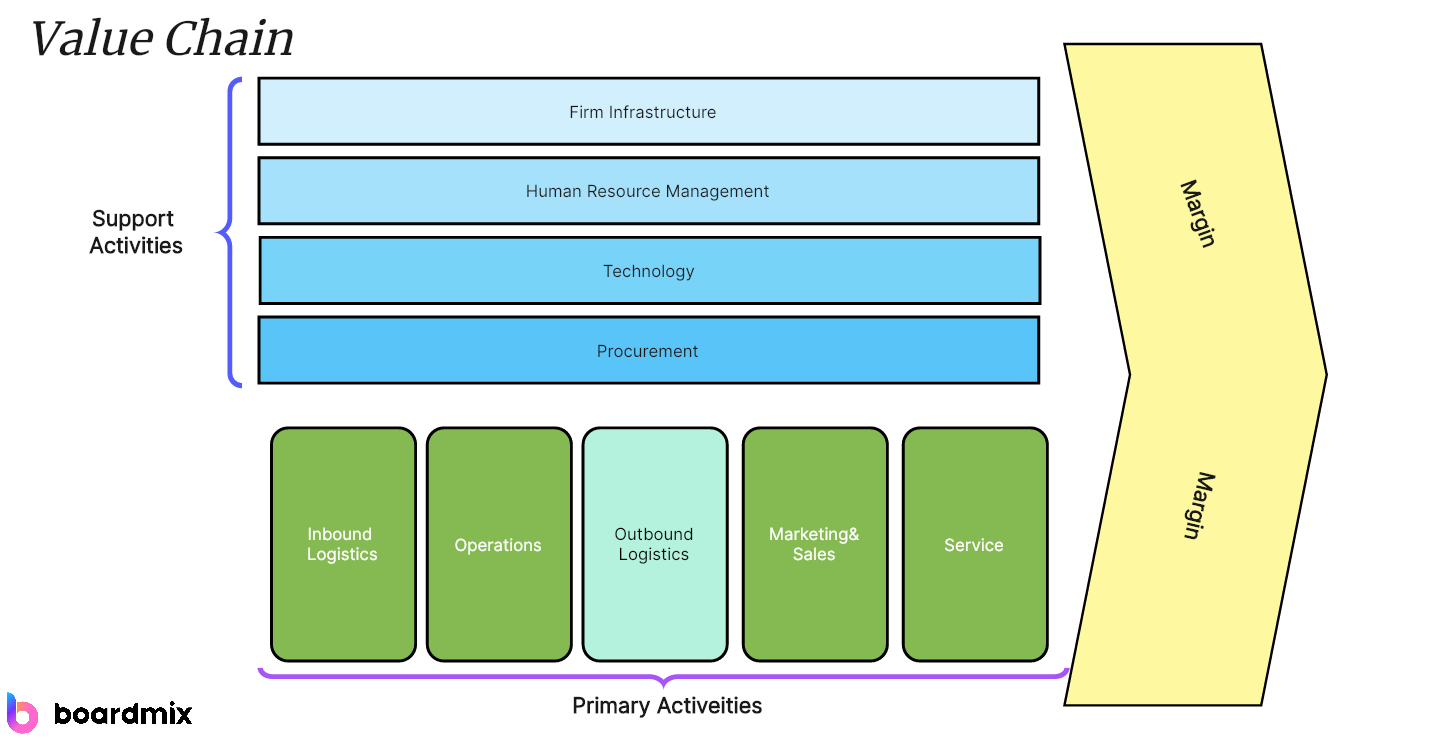Project controls are indeed integral to successful project management. They serve as a robust framework for monitoring, managing, and effectively steering projects towards their intended outcomes. Project controls encompass a wide range of activities including planning, scheduling, cost management, risk mitigation, and quality assurance among others. These controls provide project managers with the necessary tools and insights to make informed decisions and ensure that projects stay on track.
In essence, they act as the guiding compass throughout the lifecycle of a project. The right tools can significantly enhance the effectiveness of these controls by providing real-time collaboration capabilities, extensive templates for various use cases and much more. Now that we have established an understanding of what project controls are and their importance in successful project management, let's delve deeper into their key elements and how they can be leveraged for maximum efficiency in our subsequent sections.
Part 1. What Are Project Controls?
Project controls are a comprehensive set of methodologies that involve people, processes, and tools to effectively plan, manage, and mitigate cost and schedule issues in projects. The key elements of project controls are multifaceted and include planning & scheduling, which involves setting out the project timeline and milestones; cost management, which is about budgeting and tracking expenses; quality management that ensures the output meets the desired standards; change control that manages alterations in the project scope; risk management that identifies potential issues and devises strategies to tackle them; and reporting which involves communicating the project status to stakeholders. These elements work together to provide a holistic approach to managing projects efficiently.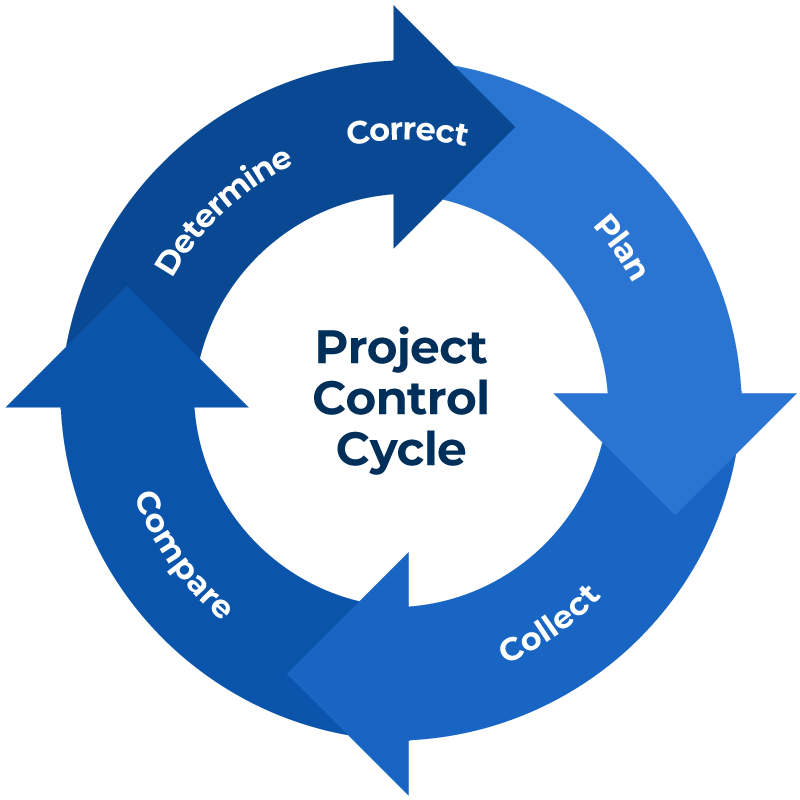
Part 2. When to Use Project Controls?
Project controls are not just a one-time activity, but rather, they should be implemented throughout the entire lifecycle of a project - from initiation to closure. At the initiation stage, project controls help in setting realistic expectations and creating a detailed plan that includes scope, timeline, and budget.
During the planning phase, they assist in developing a comprehensive schedule and cost baseline. As the project progresses into execution and monitoring phases, project controls play an essential role in tracking progress against plans, identifying any deviations early on. They provide valuable insights into whether the project is on track or if there are potential risks that need to be addressed.
In case of any issues or changes required, project controls enable taking corrective actions promptly to bring the project back on track. Finally, during the closure phase of a project, they help in evaluating performance against set objectives and learning lessons for future projects.
In essence, at every step of your project journey - whether it's defining scope during initiation or assessing performance post-completion - implementing effective project controls can significantly enhance your ability to deliver successful outcomes.
Part 3. Project Management vs Project Controls
While both project management and project controls are geared towards the successful completion of projects, they differ significantly in their focus areas. Project management is an all-encompassing concept that includes every aspect of running a project from inception to completion. This includes not just planning and execution, but also stakeholder management, communication, resource allocation, risk management and more.
Conversely, project controls are a subset of project management with a laser-focused emphasis on cost and schedule management. They provide the mechanisms for planning, coordinating, measuring and monitoring all aspects of the project related to time and budget. This includes setting up cost and schedule baselines, tracking actual performance against these baselines, forecasting future performance based on current data and taking corrective actions when necessary.
To put it simply, while project management provides the overall strategic direction for the project, it is through effective project controls that this strategy is operationalized into tactical plans which can be monitored and adjusted as needed to ensure that the project stays on track towards achieving its objectives.
Part 4. Why Are Project Controls Important?
Project controls serve as a vital link between project objectives and their execution, ensuring that the two remain aligned throughout the project lifecycle. By setting up clear performance metrics and tracking them regularly, project controls provide a real-time view of how well the project is progressing towards its goals.
Moreover, they enable proactive decision making by providing timely insights into project performance. Instead of waiting for issues to escalate, managers can identify potential problems early on and take corrective action immediately. This could involve adjusting resource allocation, revising schedules or modifying strategies to better align with changing circumstances.
Furthermore, project controls also contribute to risk management by identifying potential threats and opportunities in advance. This allows teams to devise appropriate response strategies and mitigate risks before they can have a significant impact on the project.
In summary, by maintaining alignment between objectives and execution, enabling proactive decision-making, facilitating risk management and providing a mechanism for continuous improvement, project controls play an indispensable role in driving project success.
Part 5. Meet Best Project Controller Tool -Boardmix
Boardmix, as an online whiteboard tool, is designed to perfectly assist in implementing effective project controls. One of its key features is the real-time collaboration capabilities. This feature allows team members from different locations to work together seamlessly, making it easier to coordinate tasks and make quick decisions. This can significantly reduce the time taken for communication and increase overall productivity.
Another standout feature of Boardmix is its extensive template library that caters to various use-cases. Among these are planning & scheduling templates which can be a boon for project managers. These templates provide a structured format for laying out project plans, setting timelines and milestones, and tracking progress against them. They not only save time but also ensure consistency and accuracy in planning.
Moreover, Boardmix's intuitive interface makes it easy even for those who are not tech-savvy to use the tool effectively. Its flexibility allows it to be used across different industries and for projects of varying complexities.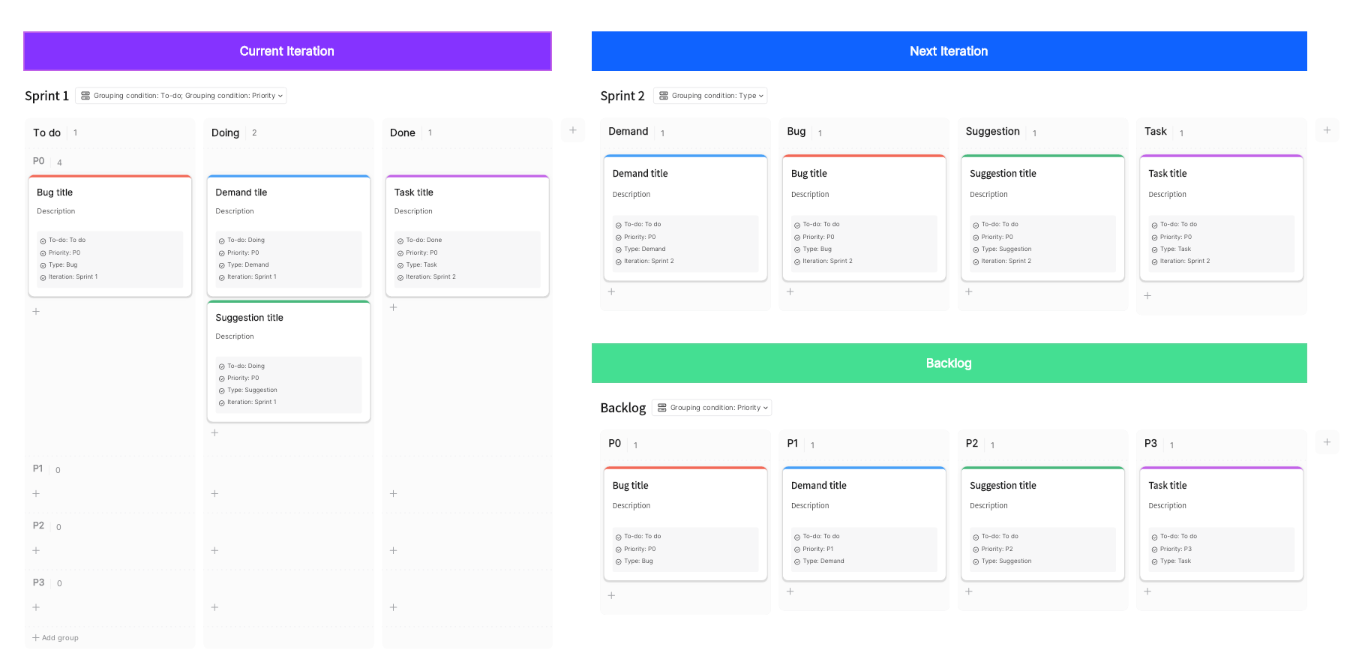
Conclusion
In conclusion, the effective implementation of project controls is not just a good-to-have, but a critical necessity for any project. It can significantly enhance the chances of successful completion of projects within budget and on time. With tools like Boardmix that offer real-time collaboration capabilities and an extensive template library among other features, implementing effective project controls becomes even more seamless and efficient. Therefore, give it a try today!











